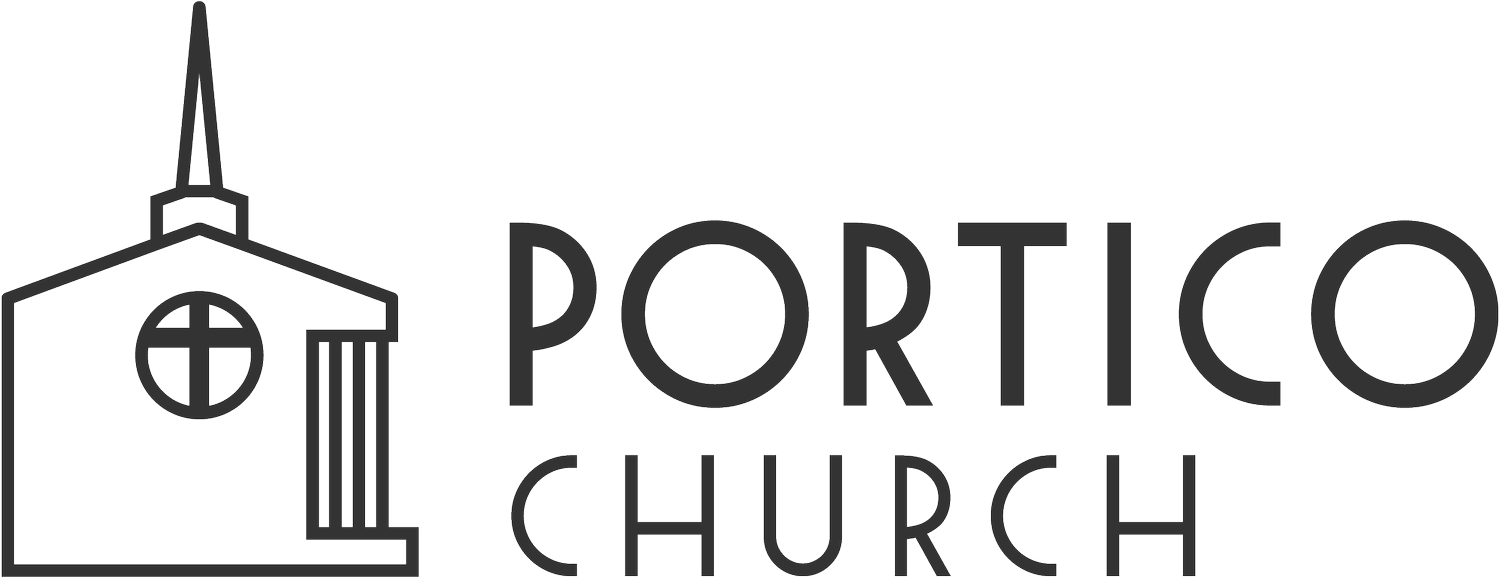READ PSALM 142
The metaphor of “pathway” is another prominent image that is used in the book of Psalms. Building on our understanding of the LORD as refuge, we now look at pathway to reflect the reality found in the book of Psalms that humans are people of movement. In other words, we are on a journey, we are on the road. Pathway is the metaphor for the journey of our life, and the Psalms speak about the abundant diversity that we encounter on the pathway of our lives.
Psalm 142 is a Psalm that uses the pathway image to give words to the perilous path that we will inevitably encounter. From the opening lines of the Psalm it is clear that the path that David finds himself on is one that is fraught with danger and which has seemed to get the better of him. All that David has left to do is to cry out to the LORD (vs. 1) and to pour himself out in prayer (vs. 2).
Psalm 142:3 is the posture of David on the path. He is fainting, collapsing from exhaustion, that is all-encompassing—physical, emotional, spiritual. Yet, from the position of exhaustion David is able to claim that God knows his way. He goes on to describe that way (although God already knows it!) as one in which a trap has been hidden, no one takes notice of him, there is no refuge, and no one cares for his soul. The type of path that David is describing here is one that seems to be exposed to ambush, desolate, and barren.
In verse 5, David again cries to God, but now the audience has a more vivid picture of why he is crying to God. And this time, David cries to God as a cry of faith “you are my refuge, my portion in the land of the living.” The longing for the refuge that the LORD provides is accentuated by the perilous path that David travels. The claim that the LORD is the portion for David in the land of the living, is a loaded one, namely it is a reference to the land-allocation in the book of Joshua, where each tribe was given territory of the promised land according to its size. This is a stunning claim for David to make, because instead of longing for a physical land that will bring him safety, he longs for the LORD, who is his portion.
The Psalm concludes with another description of the impact that this path is having on David: he is brought low, he is overwhelmed by his enemies, and his longing is for the Lord to deliver him that he might give thanks to God’s name. Finally, David roots this Psalm in the promise, that the pathway he is currently on, with the help of the LORD, will lead him to the fulfillment of God’s promise, that he would be surrounded with those that are righteous, not wicked, and that there will be bounty instead of lack.
QUESTIONS
How is David, a sinful man, able to claim God’s mercy and pour out a complaint before God who is Holy and righteous?
How does David describe the path he is on?
Discuss the description of the perilous path: fainting spirit, hidden trap, unnoticed, no one to care for his soul. Have you ever experienced a time or season that helps you identify with this description?
What is the significance of the LORD being David’s portion? Does this apply for us? Why/why not?
Think of Jesus praying this Psalm. How does reading this Psalm in light of Jesus add depth to how we apply it to our own lives?
